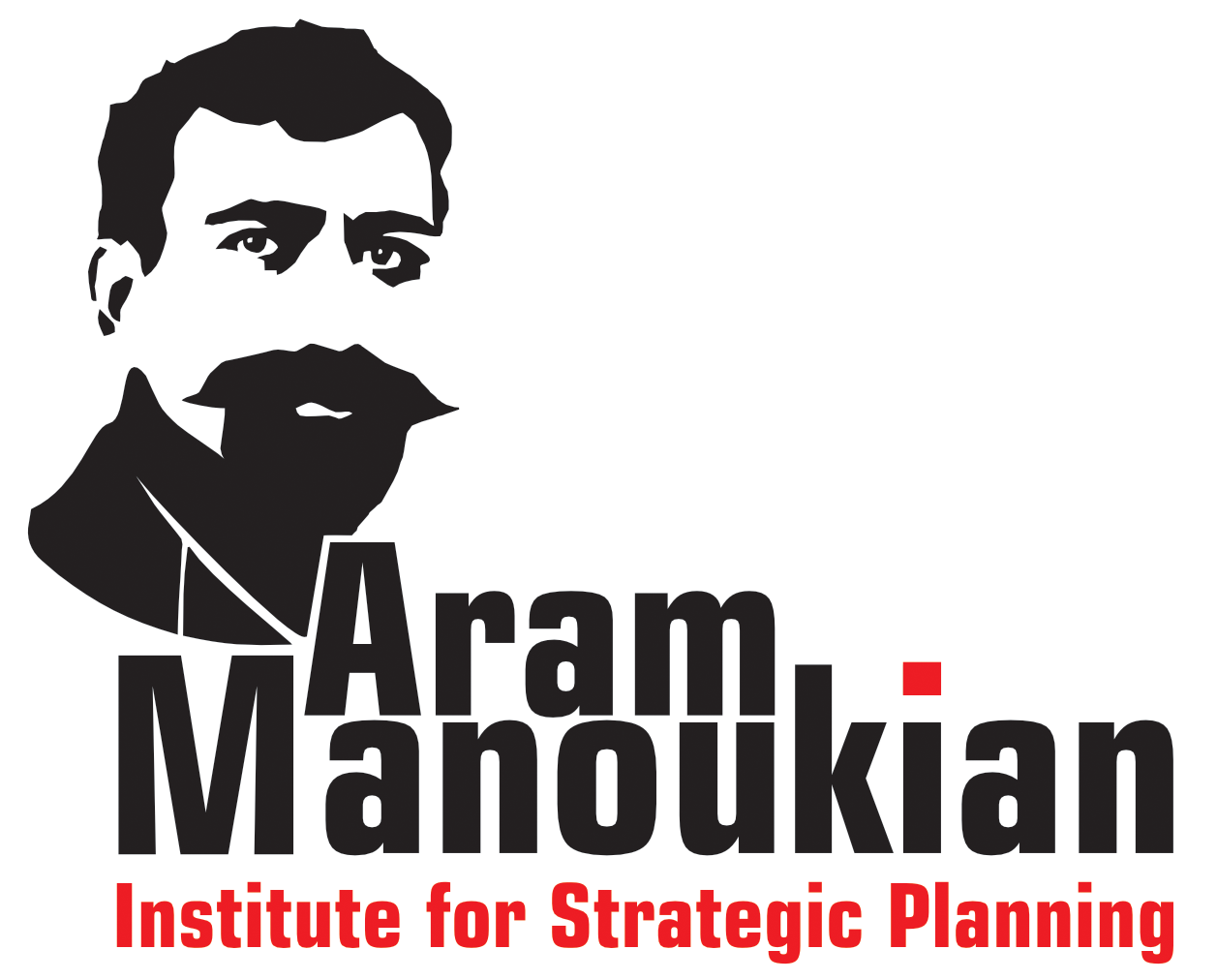ESCALATION OF STATE VIOLENCE: SYSTEMATIC POLICEBRUTALITY IN ARMENIA SINCE 2023
Hrayr Aghavelyan, JD; Ruben Melikyan, JD; Elisenda Calvet-Martínez, PhD
Police brutality in Armenia is not a new phenomenon. Successive administrations have repeatedly used law enforcement as a tool for political control, violating citizens’ fundamental rights to freedom of assembly, expression, and bodily integrity. However, while the country has a documented history of excessive force, the current period reflects a grave and unprecedented escalation—both in scale and in nature.
In June 2015, peaceful public protests erupted in response to a planned electricity tariff increase. Demonstrators gathered in Yerevan’s central Baghramyan Avenue in a nonviolent sit-in. Police responded with disproportionate force, deploying high-pressure water cannons at close range and physically assaulting protesters—including those far from the protest site. Reports indicated that plainclothes officers, led by high-ranking officials, carried out coordinated attacks. Over 230 people were detained, including journalists, women, minors, and human rights observers—many of whom were denied legal counsel and medical care. Although the Chief of Police later issued a public apology and several officers were reprimanded, human rights organizations dismissed these measures as cosmetic, failing to address systemic abuse or ensure accountability1
SOLVING THE ENERGY TRILEMMA: ARMENIA’S TRANSITION TO ENERGY ABUNDANCE
Vardan Adibekyan; Ridhi Aggarwal;
Contributor – Ely Sandler;
Armenia stands at a pivotal moment in its energy trajectory, confronted by acute dependence on imported fuels and the pressing need for long-term sustainability. This paper examines Armenia’s energy security challenges through a detailed analysis of its current energy mix, infrastructure vulnerabilities, and geopolitical dependencies, particularly closed borders due to the conflict with Azerbaijan, dependence on Russian capital for domestic energy infrastructure, and reliance on Russian imports for gas and nuclear fuel.
RIGHT OF RETURN OF THE ARMENIANS OF ARTSAKH (NAGORNO-KARABAKH)
Yeghia Tashjian, MA; Nareg Seferian, PhD; Benyamin Poghosyan, PhD; Michael Rubin, PhD
This work examines the forced deportation of Armenians from Nagorno-Karabakh (also known as Artsakh in Armenian) by Azerbaijan, defining it as ethnic cleansing. Drawing on Freedom House’s comprehensive report on the topic, and the resolution passed by the International Association of Genocide Scholars (IAGS) on Nagorno- Karabakh on September 20241, we conclude that Azerbaijan’s systematic attacks, forced displacement, and destruction of cultural heritage are elements of a premeditated campaign to expel Nagorno-Karabakh of its ethnic Armenians that triggers international legal obligations, including a sustainable right of return. It brings together perspectives from Armenian and international experts in political science and human rights law to analyze the historical, legal, and geopolitical dimensions of the crisis. The paper discusses the Armenian presence in the region from antiquity to the establishment of the Nagorno-Karabakh Autonomous Oblast under Soviet rule, the independence movement, and subsequent wars, focusing on the 2020 and 2023 conflicts.
US Strategic Interests in the South Caucasus and its Post-2020 War Policy Towards Armenia
Yeghia Tashjian, MA; Benyamin Poghosyan, PhD; Michael Rubin, PhD
In the wake of President Joe Biden’s affirmation of America’s renewed engagement on the global stage post-2020 elections, US foreign policy faces a complex landscape in the post-soviet space, underscored by the tension between democratic ideals and authoritarian forces. Historically, following the dissolution of the Soviet Union, the United States fostered warm relations with Russia and the nascent independent states, actively supporting nuclear disarmament and democratic transitions, albeit with varying degrees of involvement across regions…
